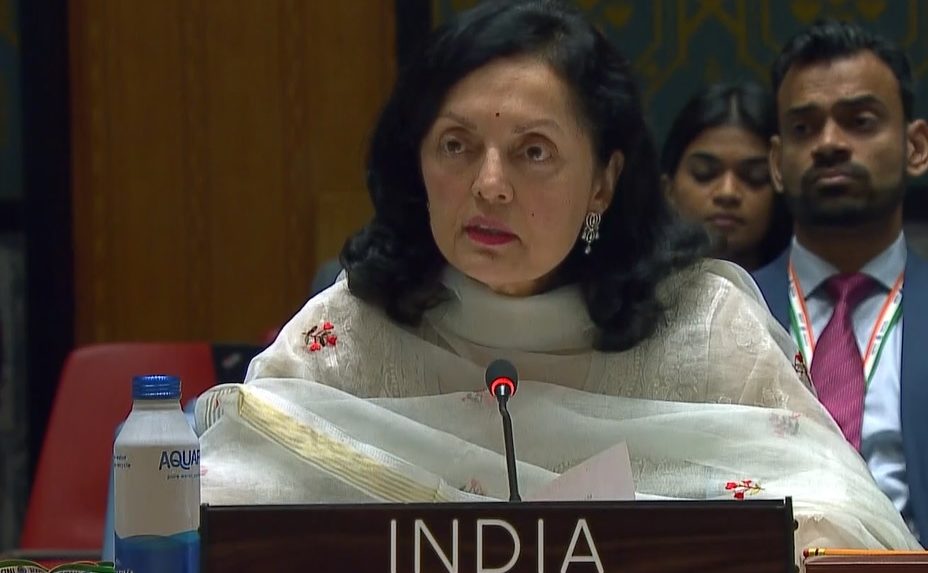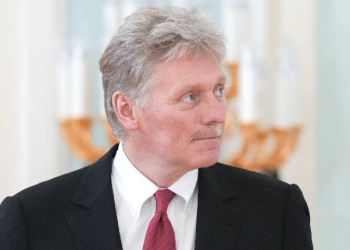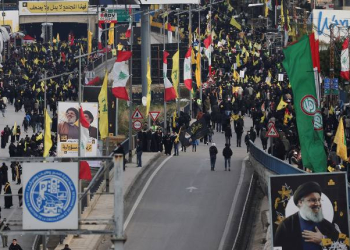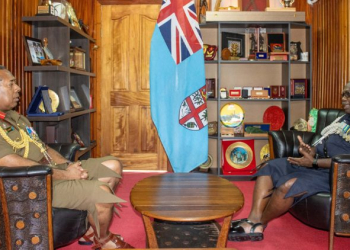United Nations: The UN Security Council’s Counter-Terrorism Committee (CTC) headed by India will be holding a rare session away from the headquarters in New Delhi and Mumbai to take on the terrorists’ use of new and emerging technologies, according to India’s Permanent Representative to UN Ruchira Kamboj.
Announcing the meeting at a news conference in UN on Friday, Kamboj said that it “will be a tribute and a statement on the horrific incident that happened in Mumbai” — the 2008 terrorist attack that killed at least 175 people.
The first CTC meeting to be held outside the UN headquarters since 2005, it will be open to all members of the UN and start off on October 28 in Mumbai and move the next day to New Delhi.
Holding the meeting in India is a special effort by New Delhi to draw world attention to the terrorist attacks and the threats it faces and to prepare the international community to deal with the emerging technologies that could be force multipliers for terrorists.
There is wide interest in attending the meeting because “terrorism is no longer an issue that is faced by any one particular country. It is a transnational issue,” India’s Permanent Representative to UN said.
“It needs a joint up effort and that is precisely why I think the special meeting is evincing a huge amount of interest,” she added.
Kamboj said that the meeting will focus on three areas that are adding new dimensions to the terrorist threats: “The misuse or abuse of the internet, social media; new payment technology, and unmanned aerial systems”.
“The special meeting will serve to reflect on recent developments and the latest evidence-based research regarding the threats posed by the use of these new technologies for terrorist purposes with efforts to counter these threats by respecting human rights and fundamental freedom,” she added.
The CTC meeting will build on the “very energetic round of discussions by specialist panels last month on the topics and committee’s ongoing review sessions of the special committee, she said.
The approach will be to evolve “a wholistic concept” looking at the various aspects of terrorism and develop a consensus document, she added.
According to the CTC, social media and digital commerce and financial transfer systems have become “favoured tools” for terrorist organisations like the Islamic State, Al-Qaeda and their affiliate.
These organisations, the CTC said, are using digital marketplaces, virtual currencies and mobile payment systems to store and transfer money, and also to add to their coffers through crowdfunding, donation appeals and selling merchandise.
The other risks from emerging technologies are the use by terrorists of 3-D printing, artificial intelligence, synthetic biology and drones, it added.
(IANS)




















